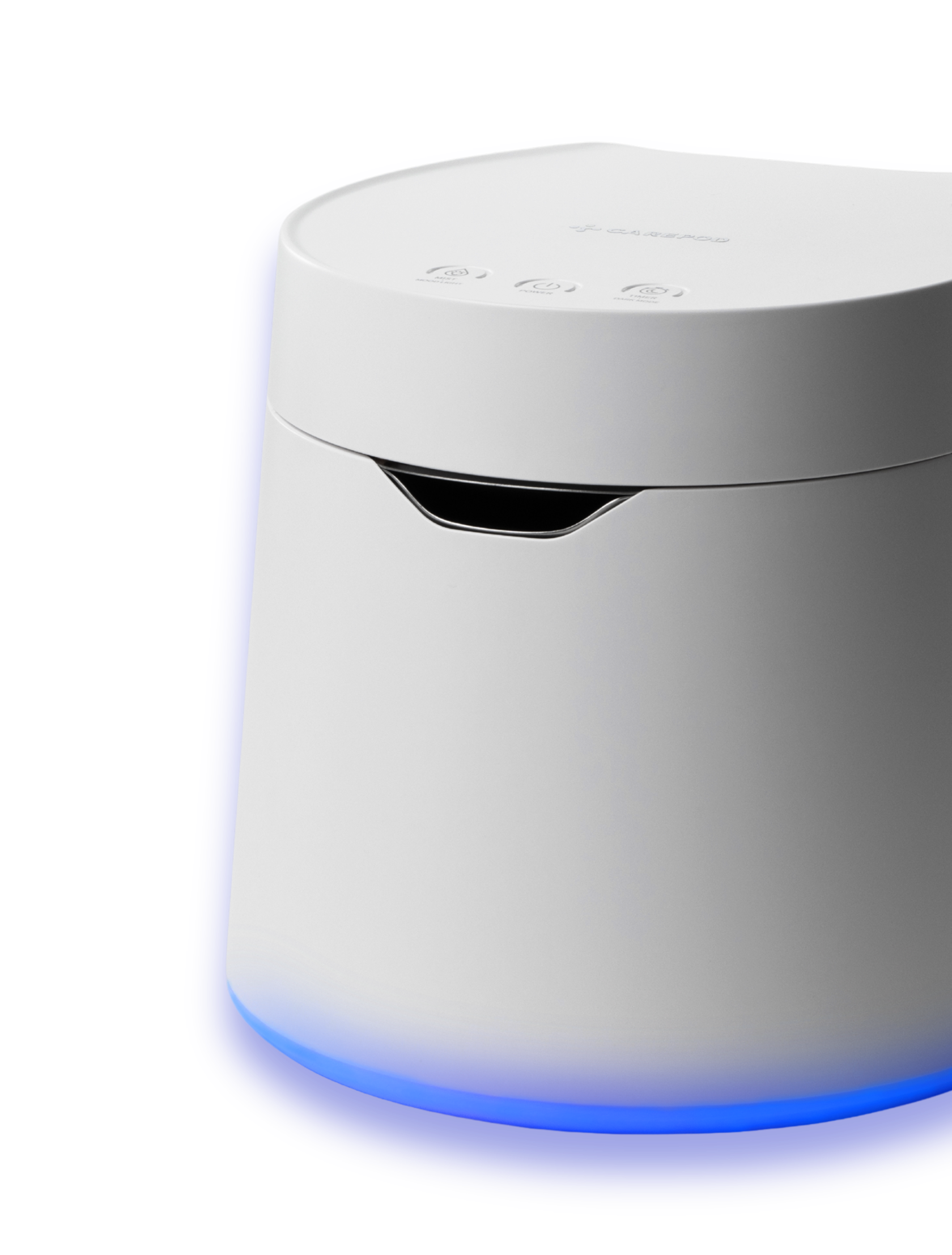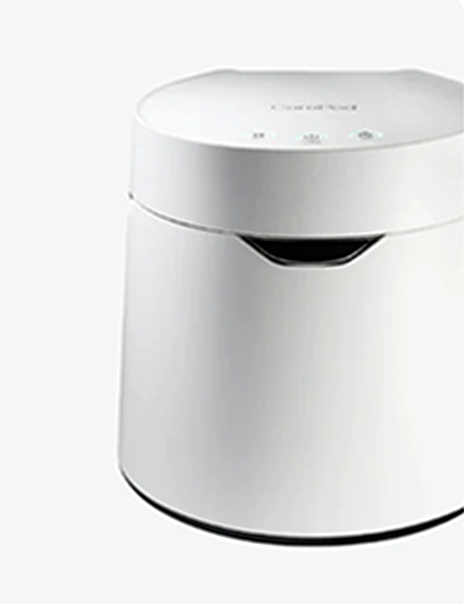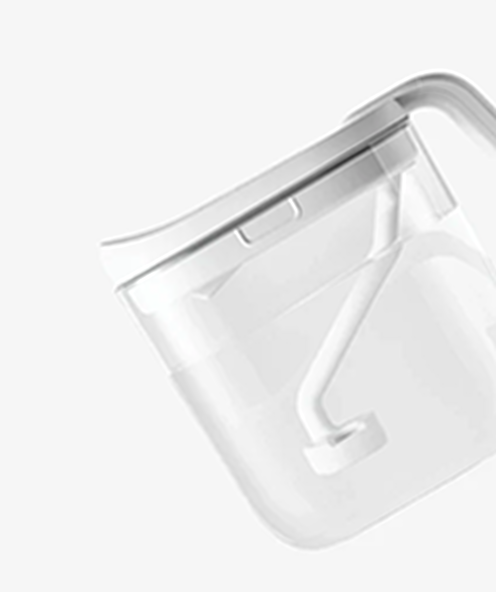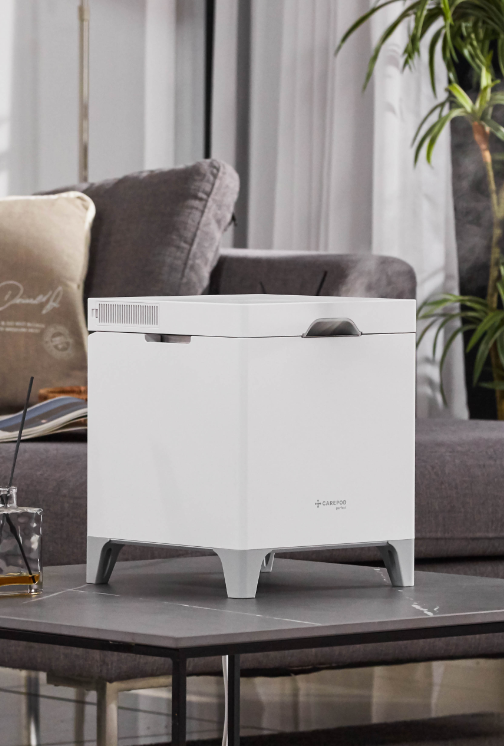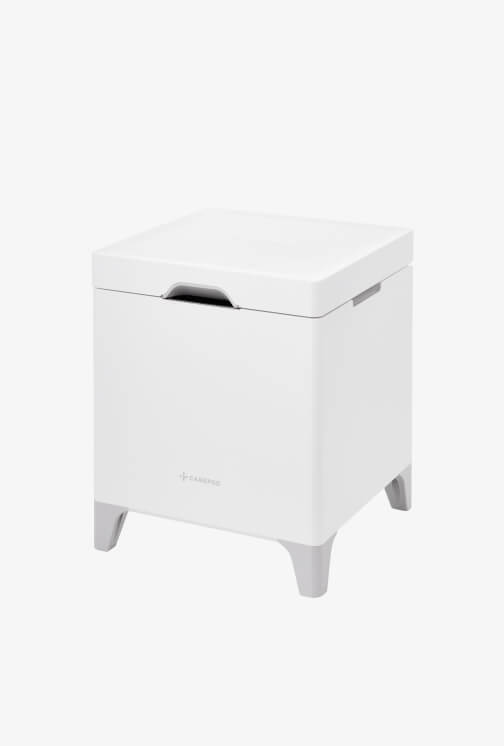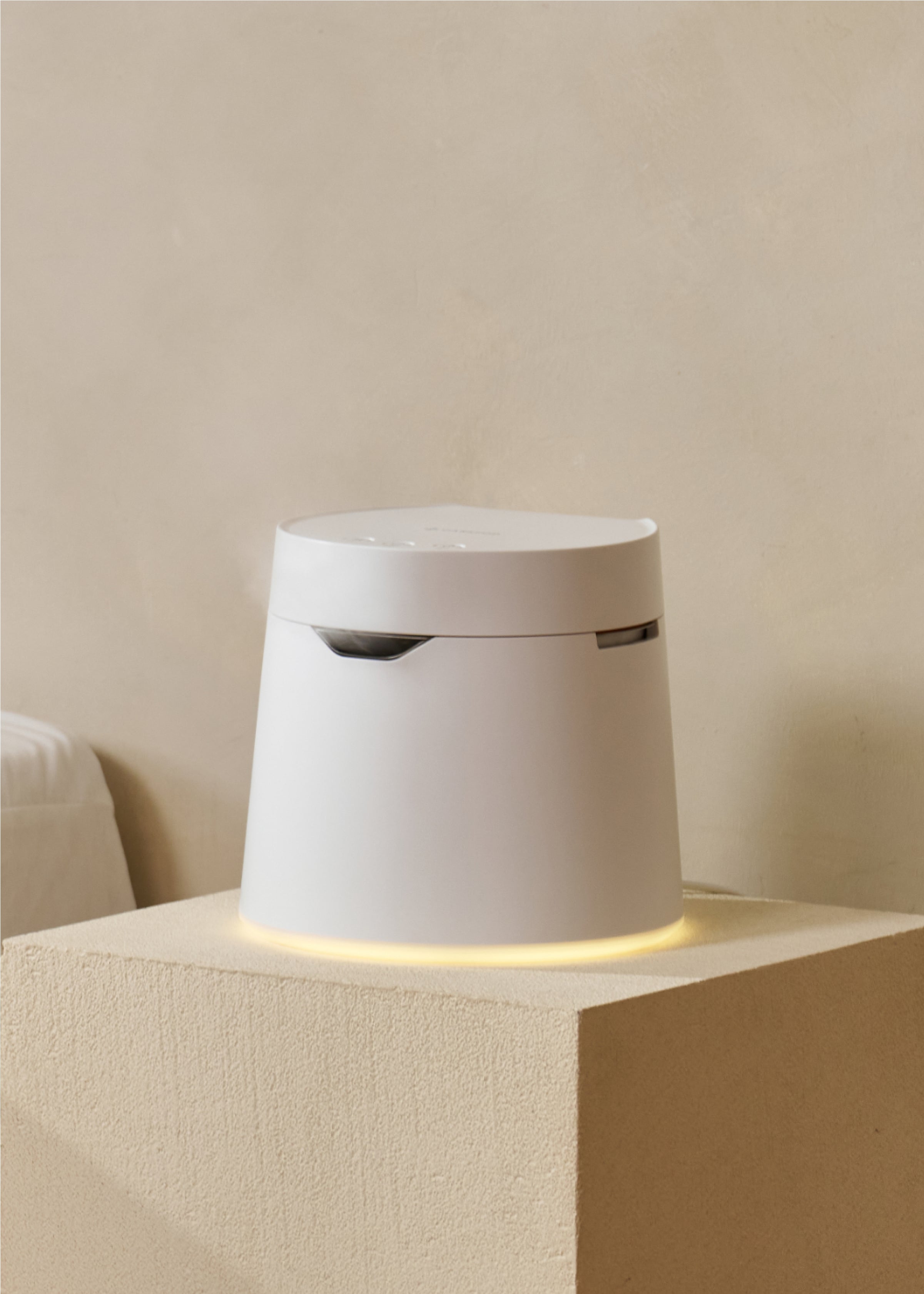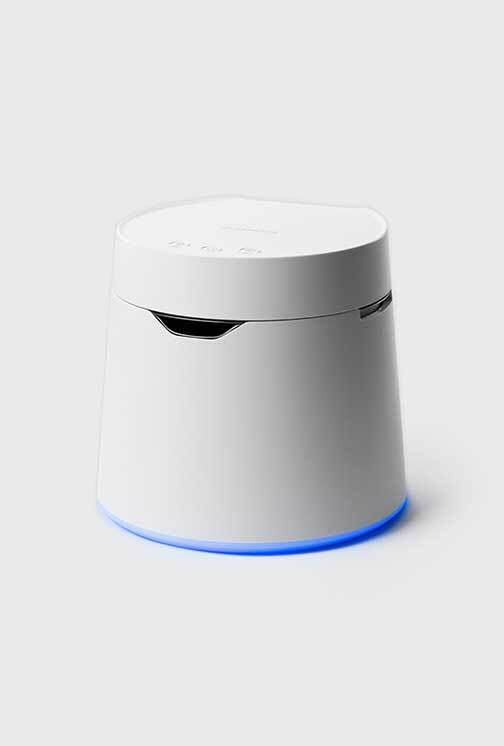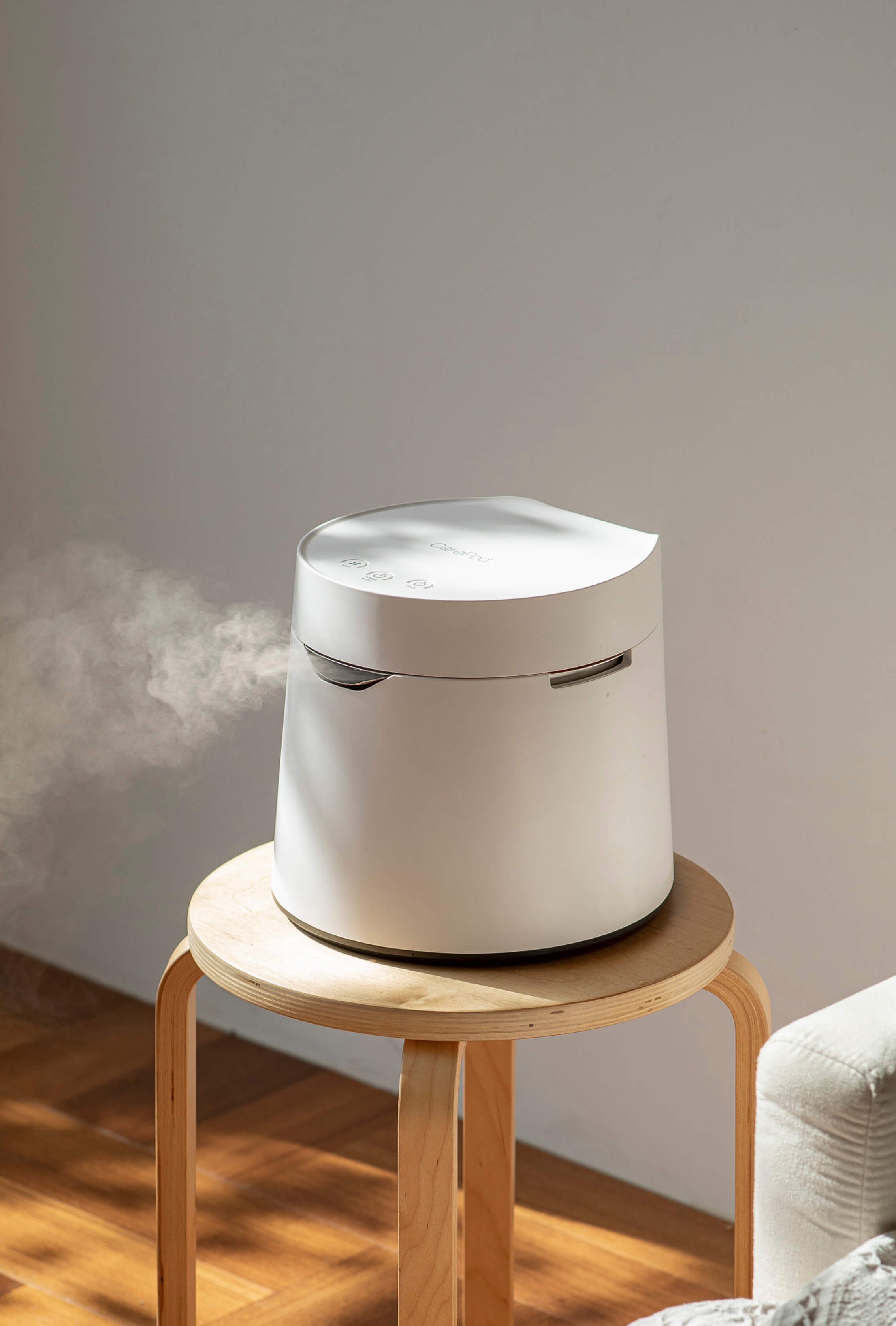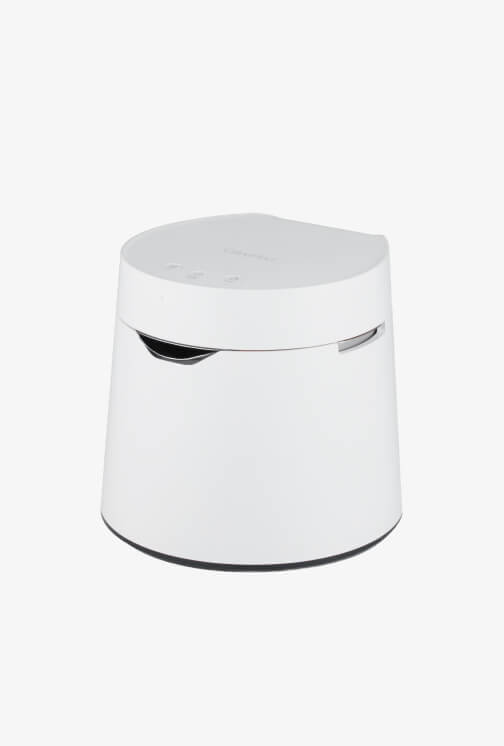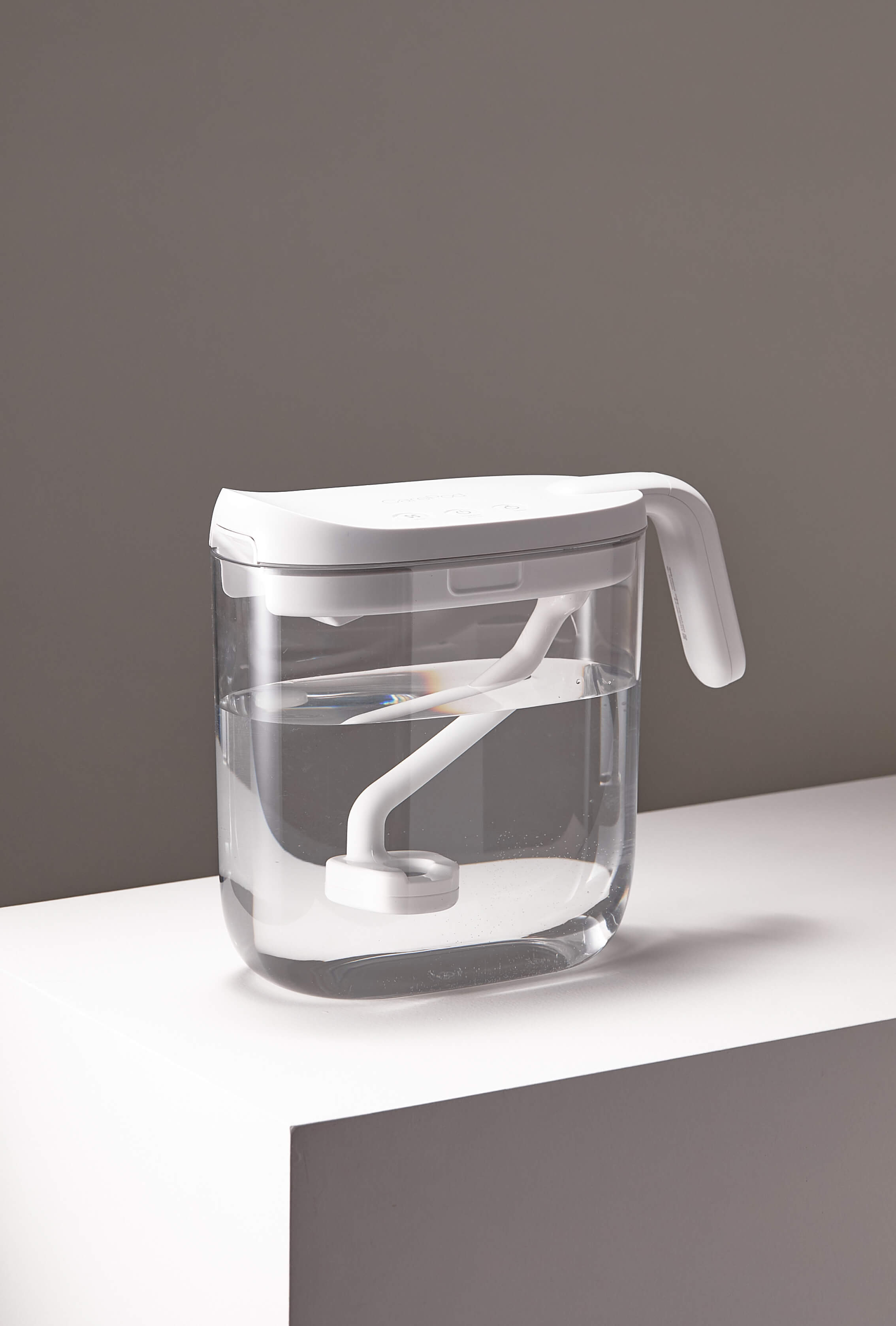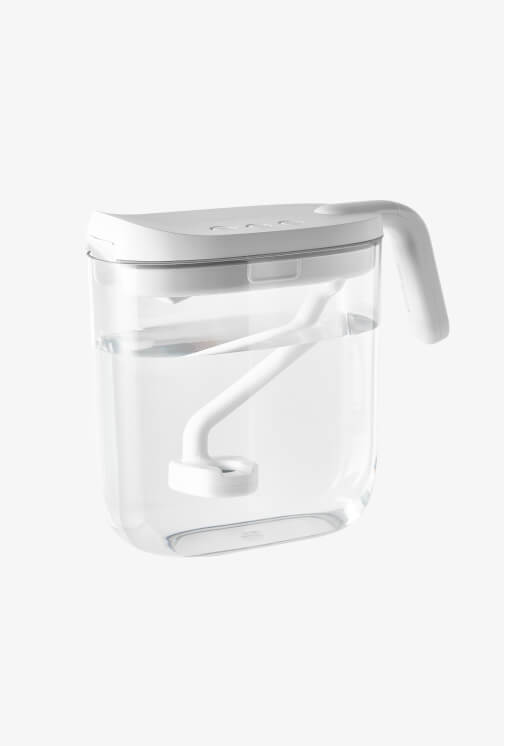Can a Humidifier Help with Allergies?

If your home feels like a nonstop battle against dust, dander, or sneezing fits—you’re not alone. According to the CDC, more than a quarter of U.S. adults and children have at least one allergy.
Managing symptoms can be frustrating, especially when dry indoor air makes things worse by irritating your sinuses and airways.
While a humidifier isn’t a cure, it can be a powerful tool for creating a more comfortable, breathable environment.
Here’s how it can help:
1. Eases Dry, Irritated Sinuses
Dry air can make allergy symptoms like congestion, sinus pressure, and post-nasal drip feel even worse. When your nasal passages dry out, they become more reactive to allergens that trigger inflammation, sneezing, and discomfort.
A humidifier adds moisture to the air, helping clear your nasal passages and reducing blockages that can cause pressure and pain.
This added hydration supports your body’s natural defenses by keeping mucous membranes functioning properly, making it harder for allergens to take hold.
2. Reduces Common Indoor Allergens
Many allergy triggers come from inside the home. For example, dust mites, pet dander, and mold spores can easily become airborne through everyday activities. When indoor air is too dry, these particles tend to linger and stay suspended longer, making it easier for them to enter your nose, eyes, and lungs.
A humidifier helps by maintaining optimal humidity levels, which causes these allergens to settle more quickly and be removed through regular cleaning and air filtration.

3. Prevents Airway Dryness
Allergy symptoms don’t just stop at the nose—they often travel deeper, irritating your throat and lungs too.
Dry indoor air can make this worse by stripping moisture from your respiratory tract. This can lead to a scratchy throat, persistent coughing, or even chest tightness when allergens are already causing inflammation.
When the lining of your airways dries out, it becomes more reactive and inflamed. Studies show that dryness also thickens mucus, further blocking the airways and making breathing more difficult.
A humidifier helps by restoring moisture to the air, which soothes inflamed tissues and keeps mucus moving. This added humidity makes breathing feel easier and can reduce the intensity of allergy-related coughing and throat irritation.
4. Supports Nighttime Comfort
Allergy symptoms often worsen at night due to key factors like bedroom allergens accumulating and the laying down position which can increase sinus congestion. Together, these make nighttime a prime window for discomfort.
A humidifier can ease these symptoms by adding moisture to the air, helping you breathe more comfortably while you sleep.
By keeping your nasal passages and throat hydrated, it minimizes irritation and promotes deeper, more restful sleep while alleviating symptoms.

5. Pairs with Other Treatments
Humidifiers complement allergy medications by creating a supportive environment that enhances their effectiveness.
While medications target congestion and inflammation, humidifiers maintain optimal humidity levels, reducing dryness that can aggravate symptoms. This balance helps soothe irritated airways, amplifying the benefits of prescribed treatments.
By alleviating environmental triggers like dry air, humidifiers allow medications to focus on controlling internal allergic responses.
Together, they provide a more holistic approach to managing allergy, especially during peak allergy seasons.
6. Getting the Most Out of Your Humidifier
-
Keep It Clean: A humidifier can release mold and bacteria if not maintained properly. Regular cleaning with distilled water, or opting for an easy-to-clean model, helps ensure safe and effective use.
-
Monitor Humidity Levels: Too much moisture can encourage mold growth. A hygrometer can help you maintain a balanced humidity level of 30-50%.
-
Choose the Right Type: Cool-mist humidifiers are often recommended for asthma as they safely add moisture without introducing excessive heat. However, a warm-mist humidifier or dual-mist humidifier (best of both worlds!) may be more beneficial to those sensitive to temperature changes.

Conclusion
While a humidifier isn’t a cure-all, it can be a valuable part of your allergy management routine. By easing sinus discomfort, minimizing airborne allergens, and supporting other treatments, it helps create a home environment where breathing feels easier especially during allergy season.
